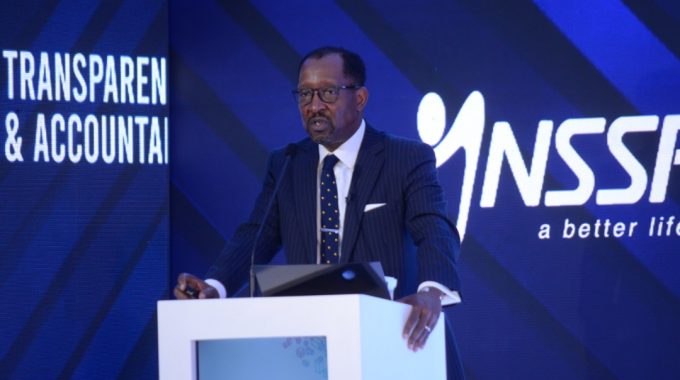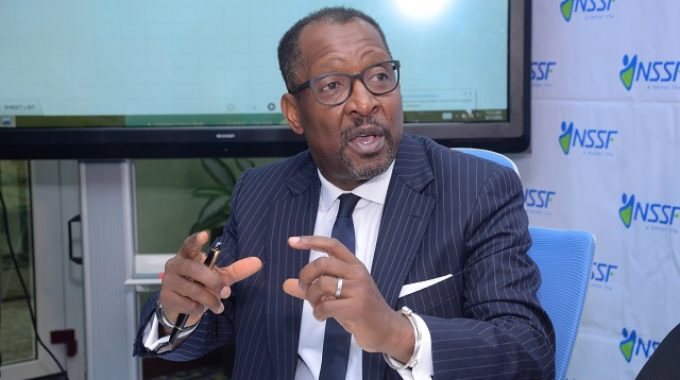The National Social Security Fund (NSSF) reassures its members and the country that it has funds to meet mid-term payments when the NSSF Amendment Bill is passed by Parliament and assented to by the President.
Section 24A of the Bill provides that “a member who is forty-five years of age and above and who have made contributions to the Fund for at least 10 years is eligible for mid-term access to his or her benefits of a sum not exceeding 20% of his or her accrued benefits”.
Our projections show that about UGX 902.5 billion is required to pay members who qualify for 20% of their savings as proposed in the Bill.
To efficiently process the 20% mid-term payments, the Fund has commissioned an upgraded Pension Administration System, which will be installed on November 1, 2021.
The NSSF Amendment Bill has our unqualified support because it is a progressive piece of legislation that will open many opportunities for the Fund, its members, and the country at large.
ABOUT NSSF
The National Social Security Fund Uganda is a multi-Trillion Fund mandated by the Government through the NSSF Act, Cap 222 (Laws of Uganda) to provide social security services to employees in the private sector.
The Fund is a secure, innovative, and dynamic social security provider that guarantees safety, security, and a competitive return on members’ savings of over 2% above the 10-year inflation average.
The Fund manages assets worth over UGX 15.5 Trillion invested in Fixed Income, Equities, and Real Estate assets within the East Africa region. As the largest Fund in East Africa by value, we have the ambitious goal of growing our Assets Under Management to 20 trillion by 2025.
Since 2012, the Fund is regulated by the Uganda Retirement Benefits Regulatory Authority while the Minister of Finance, Planning, and Economic Development is responsible for policy oversight.
Sapiosexual & Ambivert















